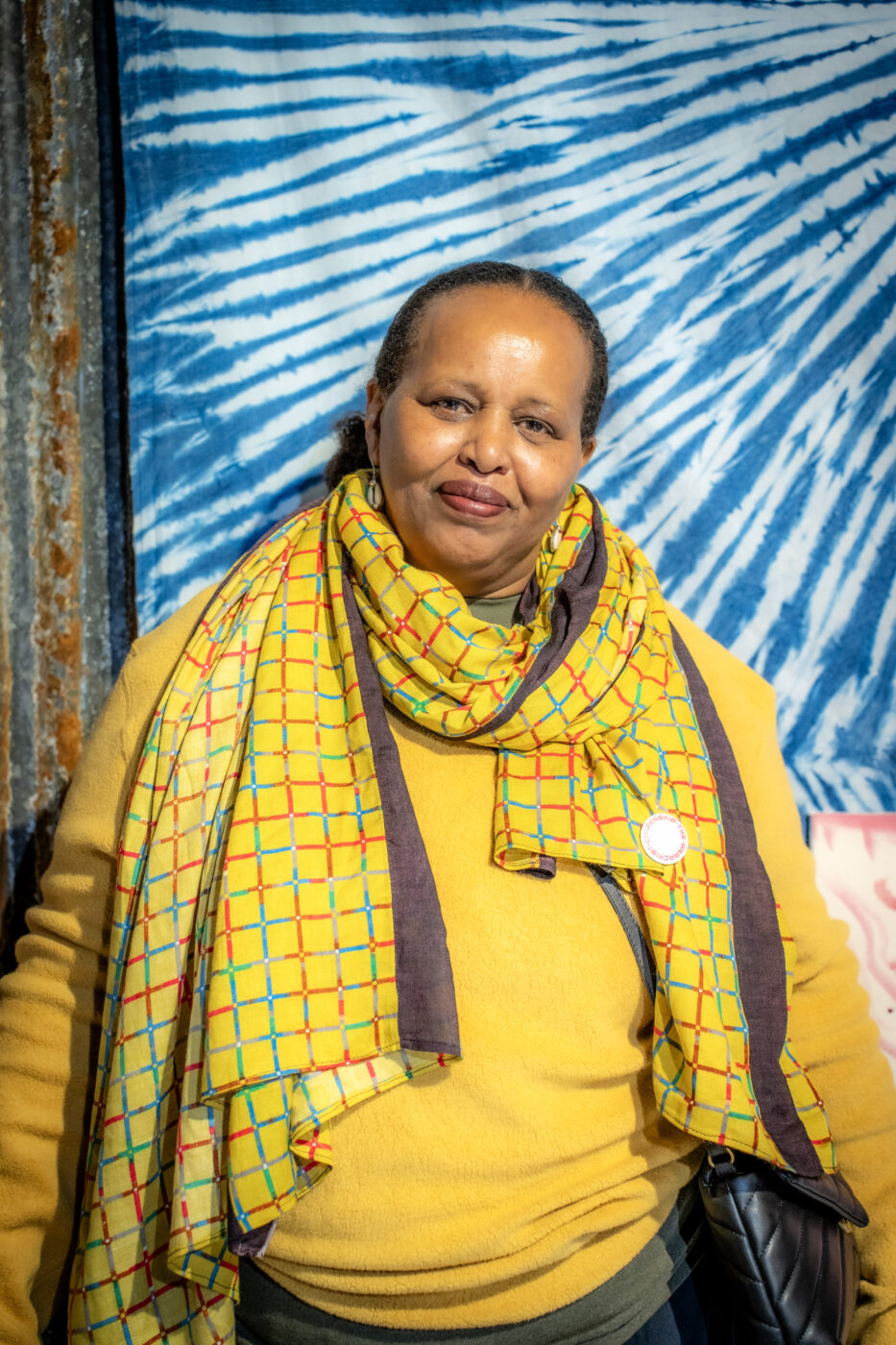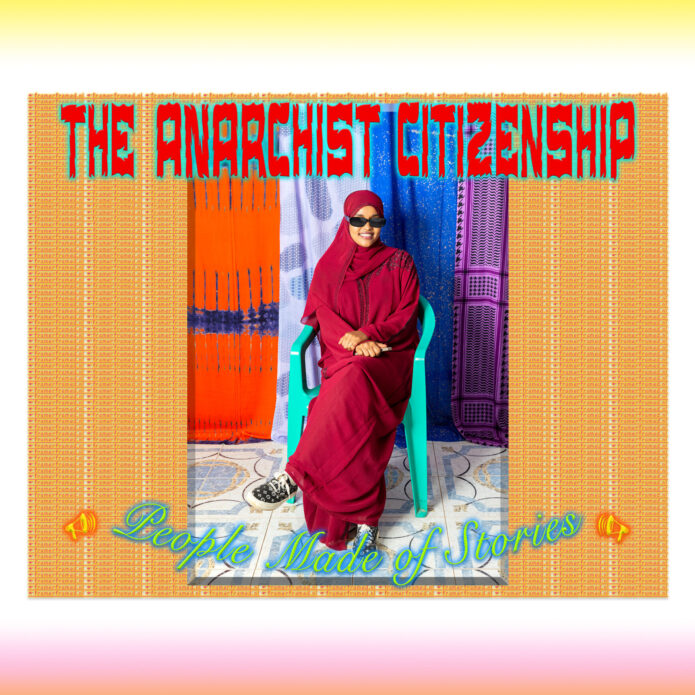 Portret Kinsi Abdulleh. Photo: Farouk Ebaiss / Framer Framed
Portret Kinsi Abdulleh. Photo: Farouk Ebaiss / Framer Framed Kinsi Abdulleh
Kinsi Abdulleh is an interdisciplinary artist, curator, and educator known for her work rooted in social justice and community engagement. She is the co-director of Numbi Arts, a Somali-led, African-centered arts and heritage organisation based in East London. Abdulleh is also the founder of the Somali Museum, a virtual and physical space that tells the stories of Somali communities both in the UK and globally. Her projects focus on amplifying underrepresented voices, particularly within Somali and African diasporic communities. She is dedicated to exploring themes such as migration, heritage, and social empowerment.
Abdulleh’s work extends across various artistic disciplines, including visual arts, film, and public programming. Her initiatives often aim to connect global narratives while providing local, community-based solutions, such as offering safe spaces for youth and fostering intergenerational collaboration. She is involved in promoting Black history as an integral part of British history, and her recent projects, like the Somali Museum, emphasise cultural preservation and self-determination.
Abdulleh’s efforts in creating inclusive spaces and addressing issues like gentrification and erasure of Somali culture in London demonstrate her commitment to social activism through the arts. She is a contributor to the ongoing research project, The Anarchist Citizenship: People Made of Stories, on show at Framer Framed from 27 October 2024 until 26 January 2025.
Exhibitions
